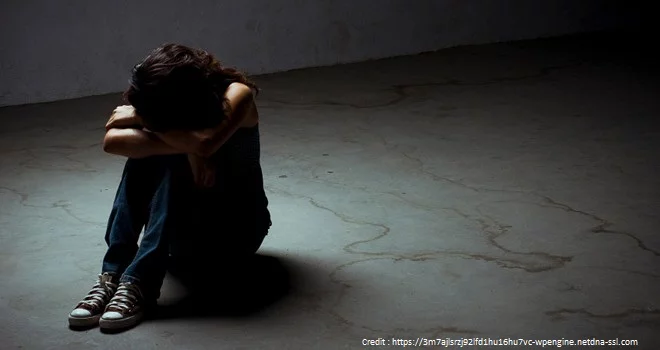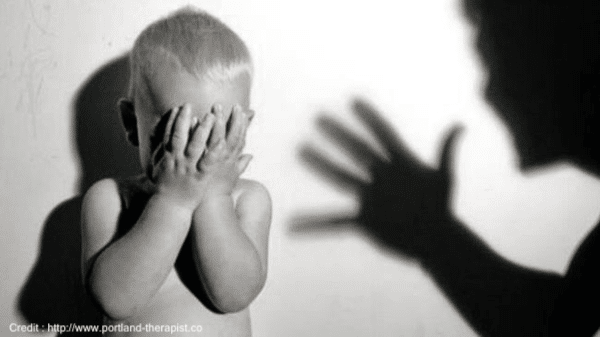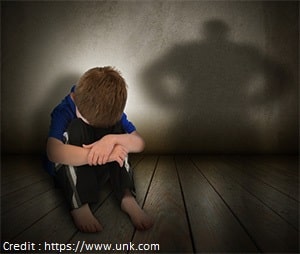Many people who seek trauma therapy suffer consequences of one or more traumatic events in their life. Even though many find ways to process trauma effectively and eventually resolve their issues through trauma treatment, other individuals with multiple traumas may require more intensive support. Professional trauma therapy provides a healing environment for people with trauma-related issues and post-traumatic stress disorder (PTSD). It can also be beneficial for individuals whose trauma recovery may be more intricate due to other factors such as alcohol addiction, drug addiction or dual diagnosis.
Regardless of a person’s history of trauma, addiction or other mental health issues, progress starts once a person becomes aware of their trauma and acknowledges the way they respond. Trauma therapy helps individuals achieve this awareness in a therapeutic setting, by allowing a person to feel safe speaking about their experiences. For many, this is often the first time they have been able to do so.
By accepting emotional support from others and learning the tools that are vital to overcoming trauma, those with trauma-related issues can make significant breakthroughs and are also able to create a strong foundation for recovery.
What is Trauma?
Traumatic events that take place as both children and adults can cause permanent changes in our psychological and physical responses to stress. The term ‘trauma’ describes any unforeseen circumstance where a person’s emotional or physical well-being is disturbed by the stress of the situation. Any situation can result in trauma, though common examples include:
- Witnessing death
- Emotional neglect or abuse
- Physical injury
- Natural disasters
Once a traumatic event has occurred, it is normal and healthy for a person to experience grief or sadness for a certain period of time. However, some people develop distressing symptoms that persist for longer than they should. These symptoms end up overwhelming a person’s ability to live a normal and healthy life. Additionally, the symptoms do not seem to ease or wane as time goes on.
Symptoms of Trauma may Include:
- Persistent avoidance – including feelings, thoughts and situations
- Re-experiencing the trauma – which may involve flashbacks, nightmares and distress when reminded of the event
- Negative changes in mood and thinking – which can cause feelings of numbness, blaming others or oneself, less interest in activities or feeling detached from reality
- Changes in reactivity and arousal levels – including irritability, aggressiveness, sleep problems, difficulty concentrating and reckless behaviour.
In addition to drug addiction, alcoholism and depression, the diagnosis of PTSD often co-occurs with anxiety and eating disorders.
What are Different Types of Trauma?
PTSD
When the anxiety and stress from a traumatic event becomes chronic and significantly disrupts the way a person lives, the person may be diagnosed with PTSD. PTSD occurs when the body’s normal psychological defences against stress become overwhelming. There is a noticeable dysfunction with the normal defence systems after the trauma, which causes certain symptoms.
Acute Stress Disorder
Acute Stress Disorder shares many similarities to PTSD. However, it is diagnosed when symptoms have been present between three and thirty days. Symptoms of acute stress disorder include disturbing memories, feeling detached, issues with concentration, avoidance and negative mood. People with acute stress disorder may also feel a lot of guilt about not stopping the trauma or for not being able to move on from it quickly.
Developmental Trauma
Developmental trauma describes a wide range of adverse events that take place during childhood, such as abuse (sexual, physical or emotional), rejection, betrayal, being abandoned or witnessing death or violence. Individuals who experience developmental trauma have an increased risk of developing mental health conditions such as PTSD.
Complex PTSD
Complex PTSD is a term that often describes the results of numerous experiences of developmental trauma. Survivors of these experiences may have deeply rooted negative beliefs about themselves and even the world. They are used to being in a mode of survival. They often fluctuate between feeling numb and intense emotional states and are overwhelmed by their feelings. It is also common for those with Complex PTSD to believe that no one understands them.
How do You Know if Someone is Suffering from Trauma?
Even though the symptoms and causes of trauma vary, there are some typical signs of trauma that others can look out for. People who have experienced traumatic events typically appear disoriented and shaken. They may also have a hard time responding to a conversation as they would normally and often seem withdrawn or distant, even when they are speaking.
Another telling sign of a victim of trauma is anxiety. Anxiety caused by trauma can cause issues such as irritability, edginess, mood swings, poor concentration and night terrors. Even though these symptoms are quite common, they are not all-inclusive. People respond to trauma in various ways.
Sometimes even friends and family members cannot tell that a loved one is suffering from trauma. That is why it is important to talk to someone following a traumatic event, even if they do not display any signs of disturbance. In fact, it can take days, months and even years for trauma to manifest following the actual event.
Emotional Trauma Symptoms
Trauma usually manifests through emotion, such as through emotional symptoms like anger, denial, emotional outbursts and sadness. Trauma victims may redirect their overwhelming feelings towards friends, family members and other sources.
Physical Trauma Symptoms
A physical manifestation of trauma is also common. Common physical signs of trauma may include fatigue, lethargy, paleness, poor concentration and an increased heartbeat. The victim may experience panic attacks or anxiety. They may also have a hard time coping in certain situations. The physical symptoms of trauma can be as real as symptoms of an illness or physical injury.
What are the Short and Long Term Effects of Trauma?
Effects of trauma either take place over a short period, several weeks or even years. It is crucial to address any effects of trauma in order to prevent permanence. A person’s chance of successful and complete recovery is influenced by the time it takes for the trauma to be addressed. While short-term and long-term effects may have their similarities, long-term effects are often more severe.
Short-term mood changes are to be expected after trauma, but it may result in a long-term effect if the changes last for more than a few weeks.
How is Trauma Diagnosed?
For a person to be diagnosed with trauma, they do not have to have all the symptoms previously mentioned. In fact, most people do not even experience the entire array of symptoms. To diagnose trauma, doctors and mental health professionals usually:
- Perform a physical examination to determine whether medical problems may be causing symptoms
- Conduct a psychological evaluation. This involves discussing one’s signs and symptoms as well as the event(s) that led up to them.
Mental health professionals examine the way issues affect a person’s daily life and influence behaviours or habits in a negative or lasting way. A therapist watches for situations or words that may trigger the person’s symptoms, along with ongoing emotions or moods related to the stress response.
How are Trauma and Co-occurring Mental Health Conditions Linked?
It is common for trauma and PTSD to be accompanied by other mental health issues. Some increase the likelihood of PTSD occurring after a traumatic event while others may be a result of PTSD symptoms. In some cases, they may be completely unrelated. Typical mental health conditions that are linked to trauma include substance abuse, anxiety, depression and grief.
It can be more difficult for a person to get help if trauma is complicated by other mental health issues, which is why it is crucial to find a trauma treatment centre or professional who specialises in dual diagnosis, or co-occurring disorders.
What is Trauma Treatment?
The path to recovery from trauma and PTSD is different for each person. Inpatient trauma treatment and counselling can help individuals understand their feelings and experiences, learn healthy coping skills, connect with support and other resources and, ultimately, grow from their traumatic experience.
Some of the most successful methods used at a trauma treatment centre include Cognitive Behavioural Therapy (CBT) and Eye Movement Desensitisation and Reprocessing (EMDR). Individuals might also join group therapy sessions, which helps them heal by addressing questions that arise following trauma and by finding life meaning.
Most people who receive trauma treatment make a successful recovery. In cases where inpatient trauma treatment is not effective, it is often because a person-centred approach is not used. Likewise, co-occurring mental health issues may not have been effectively addressed.
What are Trauma Therapy Techniques?
There is no single form of trauma therapy that works for everyone, but it is possible to find the right approach or combination of methods that work for each individual. Even though there are many different approaches used at a trauma treatment centre, all of them have the common goal of integrating the traumatic event into the person’s life, instead of subtracting it. The following techniques are some of the most common and effective forms of therapy that are used at a residential trauma treatment centre.
Trauma-Focused Cognitive Behavioural Therapy (TF-CBT)
Trauma-Focused Cognitive Behavioural Therapy (TF-CBT) is an evidence-based treatment programme that helps individuals deal with the aftermath of a traumatic experience. While CBT provides effective methods for promoting healing and treating trauma-related issues, TF-CBT uses a trauma-sensitive approach and expanded methods. The TF-CBT approach encourages clients to discuss their feelings and aims to help people who have experience trauma learn how to manage difficult or painful emotions in a healthier way.
Eye Movement Desensitisation and Reprocessing (EMDR)
EMDR sessions follow a preset sequence of eight phases or steps. Treatment requires the person in trauma therapy or inpatient trauma treatment to mentally focus on the traumatic experience or negative thought while tracking the therapist’s moving finger or a moving light with their eyes. In some cases, auditory tones are also used. It helps people heal from symptoms related to traumatic memories and improves distress by assisting them to view the event in a less disturbing way. By comprising bi-lateral eye movements, the technique helps move painful memories from the forefront of the mind into the long-term memory.
Other useful trauma therapy techniques that are often used in a residential trauma treatment centre include:
Trauma Resiliency Model (TRM) Skills Building
TRM is a somatic, or body-based, therapy that resets the disturbed nervous system of individuals suffering from trauma. Clients learn how to watch and track their nervous system responses when they feel depressed, stressed or anxious so that they are able to balance themselves when these responses occur.
Mindfulness-Based Cognitive Therapy (MBCT)
MBCT helps people mindfully recognise and become in tune with their negative feelings, thoughts and bodily sensations.
Trauma Releasing Exercises (TRE) Yoga
TRE yoga helps release stress or tension that is associated with trauma through exercises that release ‘triggered’ muscles as a result of a fight or flight response. In fact, these muscles often remain contracted until the initial trauma has been resolved.
Group Therapy
There are many different groups for people dealing with trauma. Both therapists and peers can lead group sessions. Some focus on giving support while others serve an educational purpose. Group therapy is most effective when it is used in combination with individual therapy.
Trauma Therapy Case Examples
Anxiety and other consequences of childhood abuse
Pat, a 52-year-old man, describes himself as a person who is highly anxious. In an attempt to overcome his anxiety, he seeks therapy. After discussing Pat’s history, the therapist discovers that Pat was severely physically abused when he was young. Pat obviously found it difficult to discuss the topic, so the therapist did not force or push him to revisit the events but finds a way to gently bring it up in following sessions.
When this happens, Pat starts to become angry and upset. Upon observing his reaction, Pat agrees that his response shows that the abuse still has an effect on him, which he hasn’t thoroughly addressed. Pat’s therapist recommends EMDR therapy and describes how it works. With the therapist’s suggestion, Pat starts EMDR sessions, which help him acknowledge the abuse in a somewhat passive way. Once Pat openly confronts his abusive past, he begins to heal from it. As a result, his anxiety slowly starts to diminish until it is significantly less.
A war veteran has a hard time readjusting to civilian life
Richard is a 27-year-old man who recently served in Iran, where he was involved in heavy combat. He ensures his therapist that he was fine until a week before their session when a robbery took place in a local store he was visiting. All of a sudden, he was overcome by graphic recollections of his time in Iran. Since then, he has had nightmares about being in combat, with flashes of his home as well.
Richard feels anxious and overwhelmed about these flashbacks. He also feels guilty about the fact that he survived while his two friends did not. On top of that, he has guilt about not preventing the robbery, having adopted acts of bravery as his responsibility. During his therapy sessions, Richard feels some relief after discussing his feelings. Another thing that helps is concentrating on ways to stay safe.
The therapist addresses Richard’s guilt by getting him to explore his views on what being a veteran means as well as the high expectations he has of himself. Through therapy, Richard learns some grounding and relaxation exercises. He also asks for a psychiatric referral for anti-anxiety medications to help with sleep. Richard chooses to join veteran group therapy with others who are dealing with similar issues.
A year after his initial therapy sessions, Richard no longer needs to take medication and is starting to feel more hopeful, even though he still experiences intense grief about the war from time to time.
How do People Recover from Trauma?
If stress, anxiety and other issues following a traumatic event are affecting your life, it is important to see a mental health professional or doctor as soon as possible. The following actions are also beneficial as receive treatment for trauma:
Learn about Trauma and PTSD
Knowing more about your condition helps you understand why you’re feeling the way you are as well as create effective coping strategies.
Do not Self-medicate
Using drugs or alcohol to numb what you’re feeling is far from healthy, even though it may seem tempting. Additionally, it can interfere with treatments you are receiving from a trauma treatment centre and get in the way of real healing.
Spend Time with Others
Spending time with people who care about and support you helps you heal, even if you do not discuss what happened. Simply sharing time with people who love you offers great comfort.
Find a Support Group
Ask a therapist or mental health professional to help you find a support group or search online for one in your area.
Seek Help at a Trauma Treatment Centre
Even though you might not feel the benefits of therapy right away, treatment at a residential trauma treatment centre can be effective. Remember that many people make a successful recovery and that these things take time. Follow your trauma treatment plan and openly communicate with your therapists or mental health professionals.
If you or someone you care about is experiencing trauma or PTSD, then contact The Dawn today to receive a no-obligation assessment and learn more about how we can help you. You can also call us on one of our toll-free numbers.
Related Posts
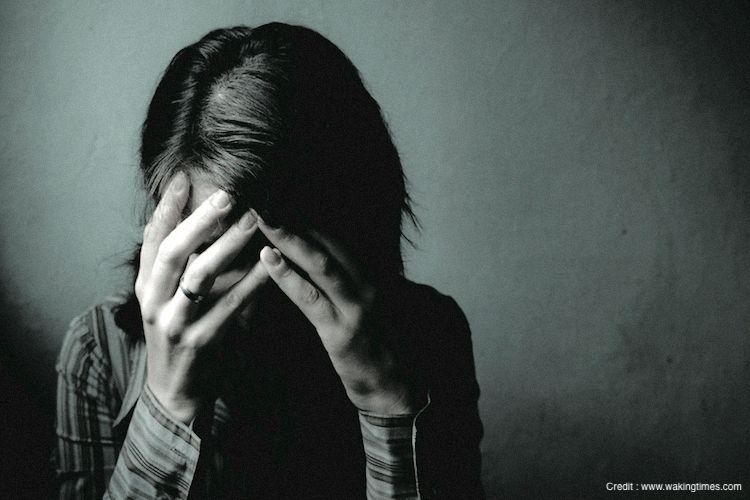 Trauma-Focused Cognitive Behavioural Therapy – An Effective Method of Overcoming Trauma
Traumatic life events can have a severe impact on anyone who goes through them. However, children and adolescents are especially vulnerable to the effects of trauma. It can quickly take...
Trauma-Focused Cognitive Behavioural Therapy – An Effective Method of Overcoming Trauma
Traumatic life events can have a severe impact on anyone who goes through them. However, children and adolescents are especially vulnerable to the effects of trauma. It can quickly take...
 PTSD and Personal Relationships: The Impacts of Trauma on How We Relate
The development of PTSD following a traumatic event can make it difficult to move past the pain, fear, and horror of that moment, hindering one’s ability to naturally grow and...
PTSD and Personal Relationships: The Impacts of Trauma on How We Relate
The development of PTSD following a traumatic event can make it difficult to move past the pain, fear, and horror of that moment, hindering one’s ability to naturally grow and...
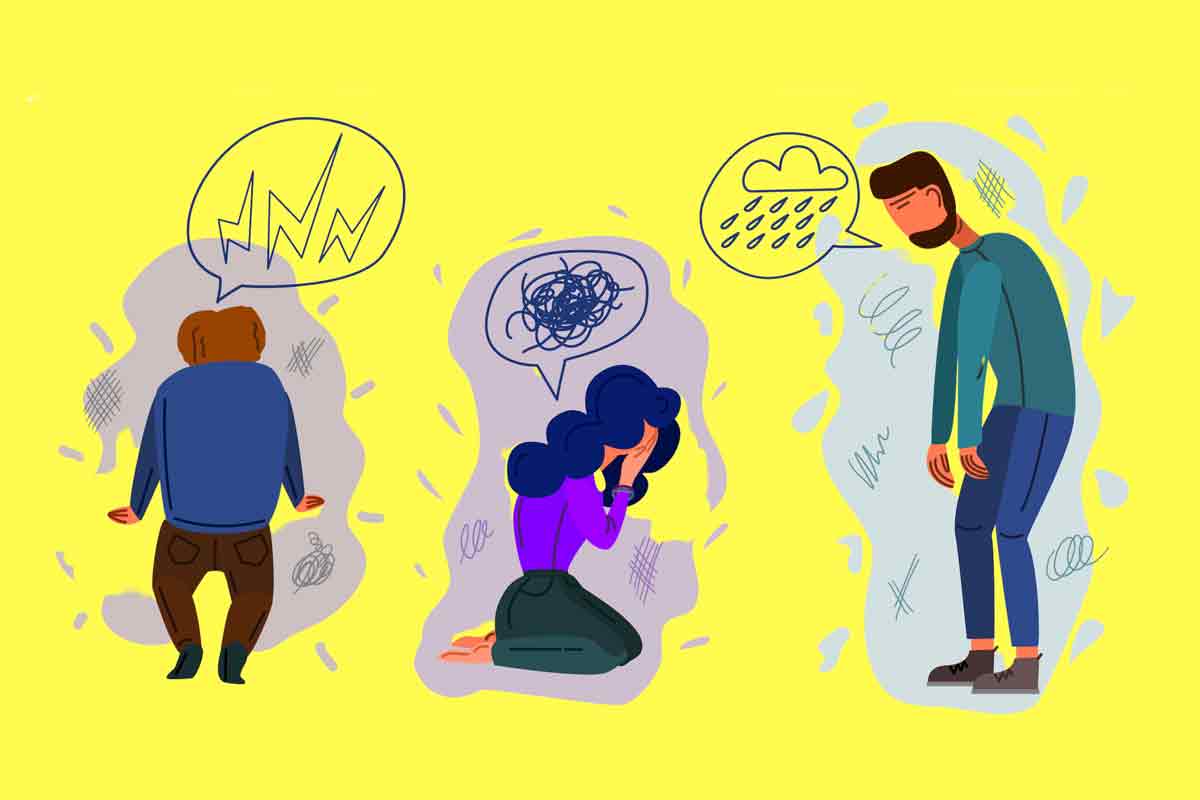 Triggered: Understanding Trauma Triggers and How to Manage Them
Your heart is racing, your palms are sweating and your thoughts are in an anxious jumble – you’ve just been triggered. Preparing for triggers, and having an array of techniques...
Triggered: Understanding Trauma Triggers and How to Manage Them
Your heart is racing, your palms are sweating and your thoughts are in an anxious jumble – you’ve just been triggered. Preparing for triggers, and having an array of techniques...
 Childhood Trauma: Causes, Symptoms and Treatment Techniques That Can Help You Move Forward
The National Institute of Mental Health in the United States defines childhood trauma as, ‘’The experience of an event by a child that is emotionally painful or distressful, which often results in...
Childhood Trauma: Causes, Symptoms and Treatment Techniques That Can Help You Move Forward
The National Institute of Mental Health in the United States defines childhood trauma as, ‘’The experience of an event by a child that is emotionally painful or distressful, which often results in...

